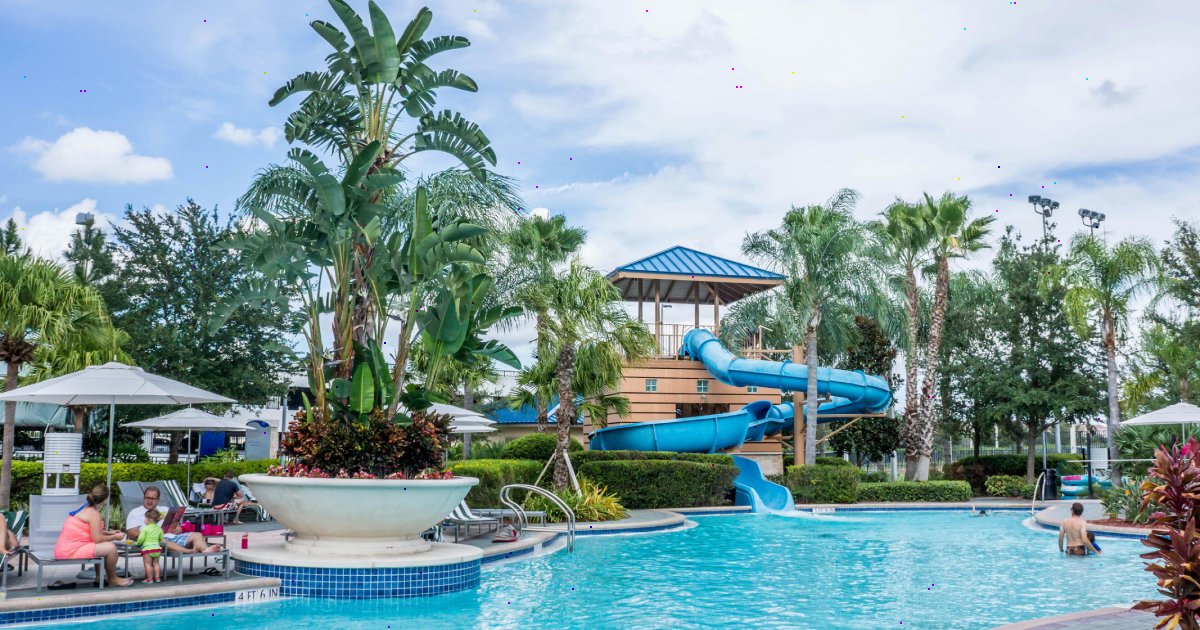Water Parks Take the Plunge with Licensing

By Mark Seavy
After years of relying on home-grown IPs, water parks are increasingly taking the plunge with brand licensing.
This growing interest is being driven by lower capital costs and supported by water parks’ shorter development cycles when compared to larger theme parks. Additionally, there is an untapped market for branded water parks.
In North America, for example, there are some 1,200 water parks, 300 of which are “lightly themed,” according to Josh Martin, President of Martin Aquatic Design and Engineering, which has worked with Hasbro for three years developing a water park strategy. Additionally, there are around 20 water parks that are fully branded like those from Disney (Blizzard Beach, Typhoon Lagoon) or Universal (Volcano Bay).
“When you look at water parks there hasn’t been a ton of innovation from a thematic, story-telling standpoint,” said Matt Proulx, VP of Location-Based Entertainment (LBE), Partnerships, and Music at Hasbro. “It has been going up the slide, splash, rinse, and repeat. The question is how you get the payoff from storytelling.”
Hasbro signed a licensing agreement with Imagine Resorts in 2020 for a water park in Missouri that was to feature My Little Pony, Transformers, Mr. Potato Head, and Monopoly, though the project was delayed several times. Additionally, a deal with M101 Holdings for a water park at the Malaysia Tourism City (MTC) development in Kuala Linggi, Malaysia, remains on hold. M101 signed a licensing agreement in 2019 with plans to open a location featuring the GI Joe, My Little Pony, and Nerf brands, but the facility remains under development. Hasbro has since partnered with Martin Aquatics and the consulting and financing firm OE Experiences to develop a water park strategy.
“Water parks have traditionally been very isolated where you go through a single tube or slide, but now it has to be about the experience and customer journey,” Martin said. “It is about the different worlds that we build that aren’t just brand slaps. For us, it is ‘what is the guest experience going down that slide,’ so that it is not isolating and presents something if you want to be fully engaged.”
There have been fully branded parks outside of Disney and Universal in the past. Cartoon Network launched the Amazone Water Park in Pattaya, Thailand in 2014. But it has since closed and was re-banded Columbia Pictures Aquaverse when it reopened as a movie-themed water park in October 2022. And the DreamWorks Water Park opened in October 2020 with 15 slides and 15 attractions across 8.5 acres at the American Dream mall in East Rutherford, NJ (it remains in operation).
“[A branded waterpark] is not just about standing out and having impressions before consumers go,” said Matthew Cross, CEO at OE Experiences. “It means going to an experience with an emotional connection that you will tell others about. It is a natural evolution of the [water park] industry.”
It’s clear many in the industry feel similarly, as multiple water parks have started revamping sections to accommodate brands. For example, the CaliBunga water park in Sacramento, CA (formerly the California Dreamin’ park) signed an agreement with Chuck E. Cheese for a branded section that will open in 2026. And CaliBunga recently acquired the former Raging Waters park from Palace Entertainment and reopened it in June, potentially providing another venue for its partnership with Chuck E. Cheese.
And there will be even more opportunities for those types of partnerships moving forward, as some mall operators look to the format as an opportunity to bring in new consumers.
For example, Triple 5’s Mall of America in Bloomington, MN unveiled plans earlier this year for a 143,000-square-foot, $250-million Mystic Cove water park. Those plans, under development since 2018, call for taking over a parking lot to build on a concept pioneered by a water park that opened at Triple 5’s West Edmonton, Canada mall in 1986. The plans are part of Mall of America’s strategy to diversify its business outside retail, which accounts for about 70% of the facility, a mall spokesperson said.
In other cases, water parks are working to further develop their own IPs and promote them as a branded destination. The Land of Legends park in Belek, Turkey, for example, uses the 1,421-foot Turtle Coaster, which opened in 2023, in promoting the facility, said Jeff Janovich, SVP for Global Strategic Partnerships at ProSlide, which builds and develops rides for water parks.
“This is branding without any specific IP and that’s now more important than ever in creating an identity that is different from all the other water parks,” Janovich said. “As the water park industry matures, it is becoming more sophisticated and needs a way of standing out. In the old days you could throw up a bunch of slides and if there was a tree planted that was as much of a theme that you saw. [Now,] consumers want to have something that is different.”




